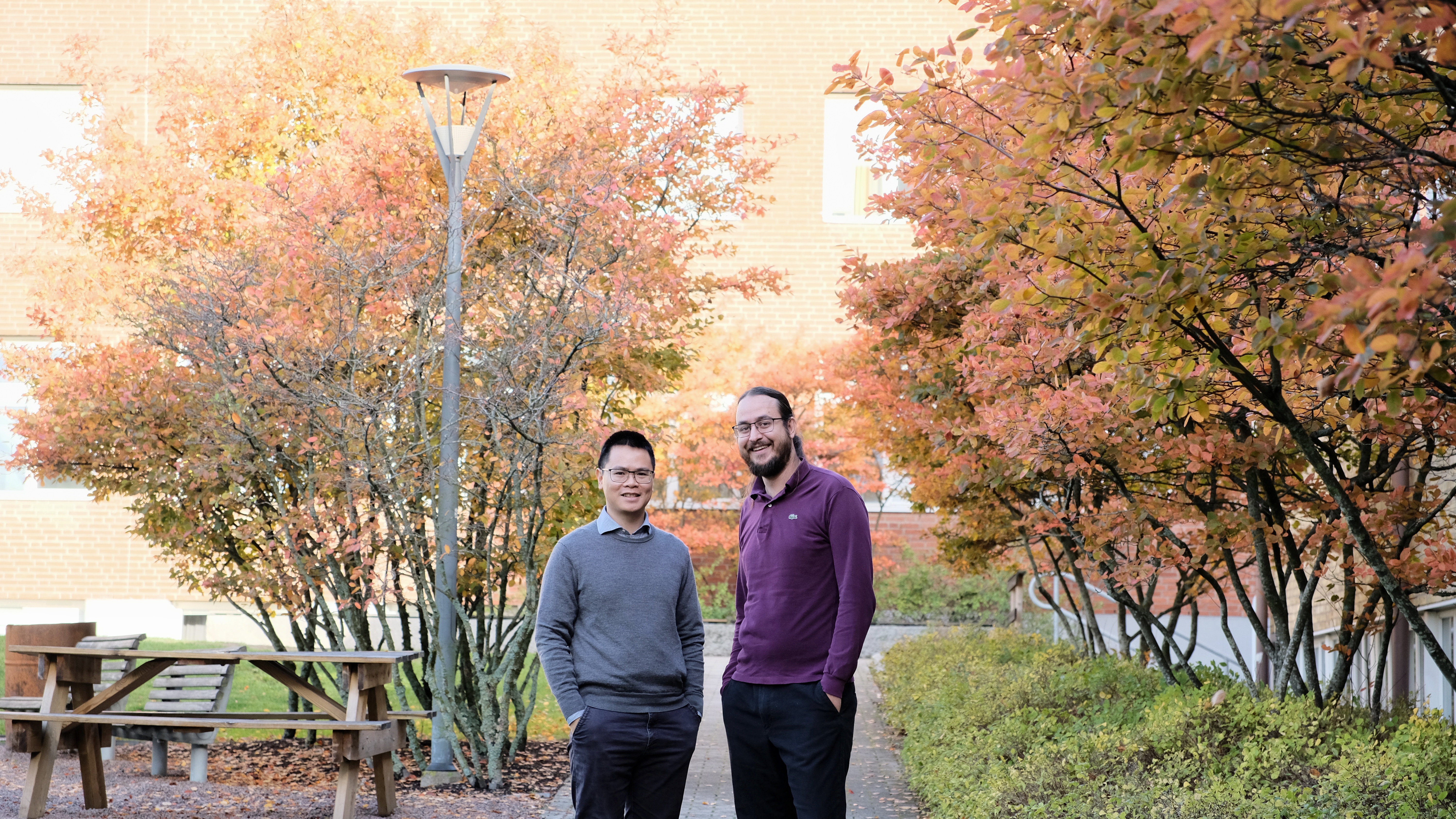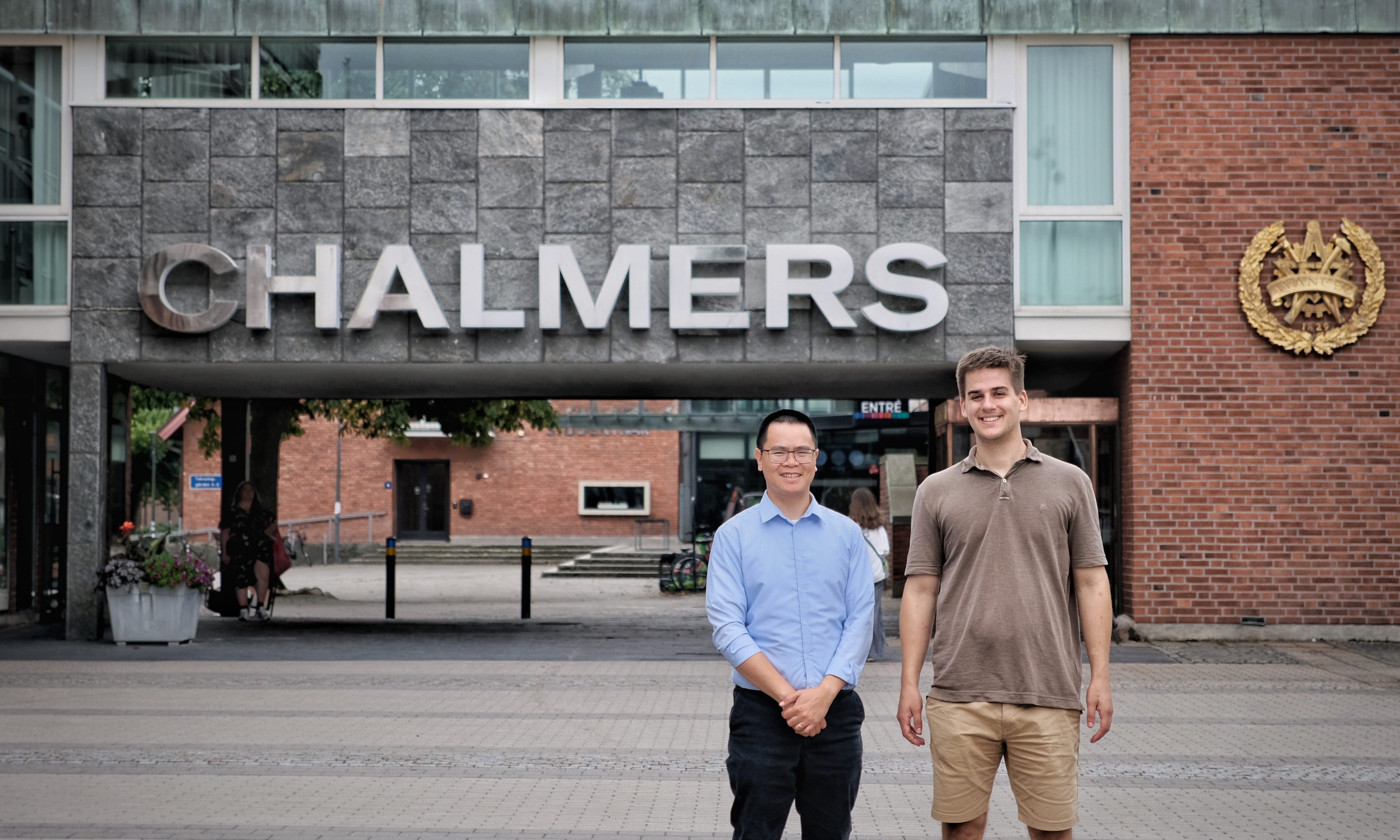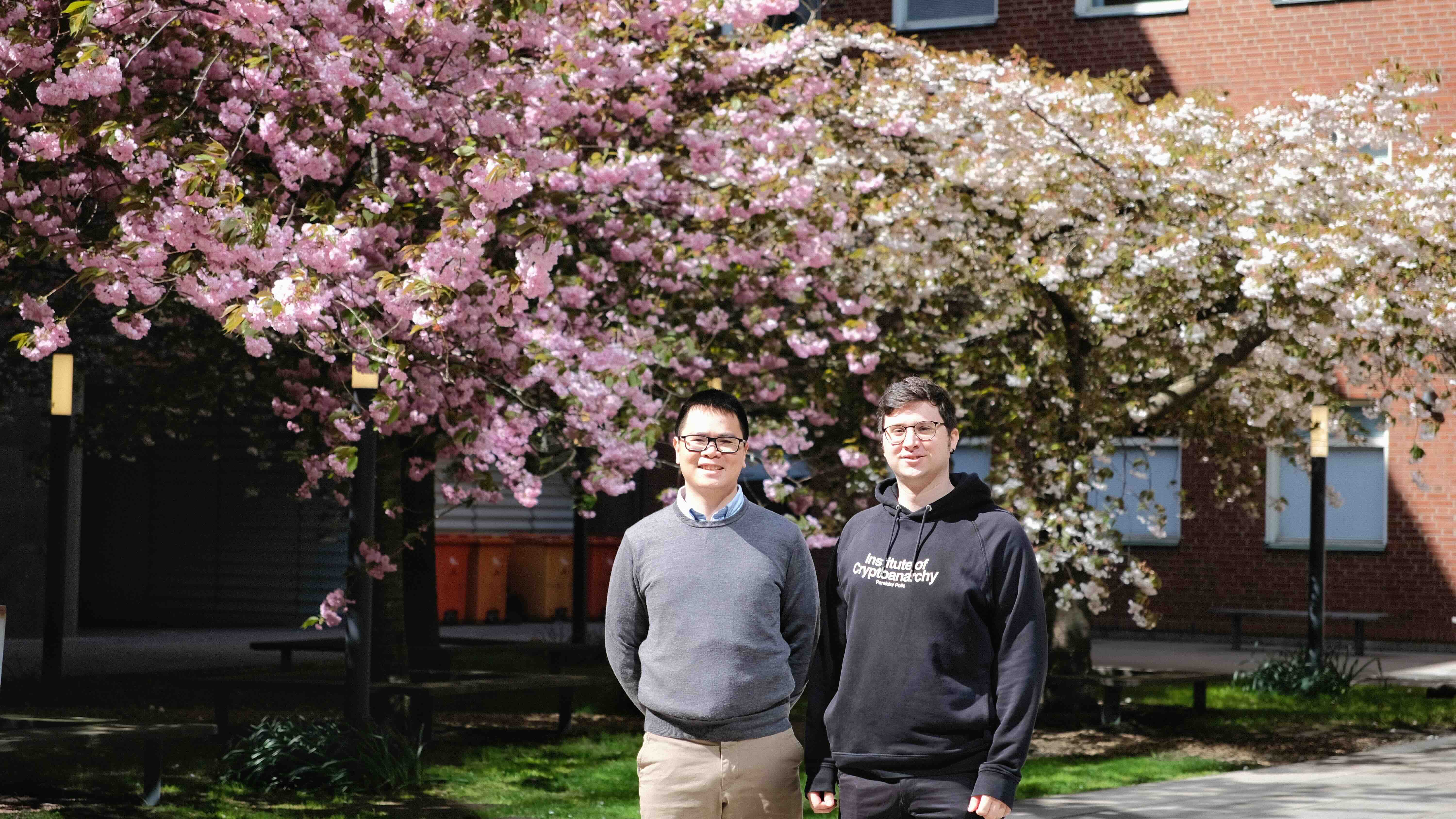


Secura Lab is a research group in the Network and Systems (NS) unit within the Computer and Network Systems (CnS) division at the Computer Science and Engineering (CSE) department. We are affiliated to Chalmers University of Technology and University of Gothenburg. We also have an organic connection with other security researchers via the Chalmers Security & Privacy Lab.
Secura Lab is led by Assistant Professor, Dr. Muoi Tran. We aim to enhance the security of computer systems, particularly those that are networked. Our security research has been focusing on Internet routing, blockchain peer-to-peer networks, and network infrastructures.
To learn more about our recent updates, check out our latest activity report (2025).
News
The holidays offer a welcome chance to slow down, reflect, and be thankful for the year behind us. Inspired by a great tradition from by many groups (e.g., NSG), our lab is launching an annual snapshot of our activities, starting this year. Check out our activity report (2025) for highlights from our research, teaching, and more. Twenty twenty-six, here we come! 🚀

We’re again recruiting a PhD student to work on network-layer security challenges, preferably in blockchain and Web3 systems. The selected candidate must be able to start before 1 September 2026.
The application deadline is 28 February, 2026.

Our lab welcomes Ilias as the very first PhD student! Before working with us, Ilias earned his Master’s degree in Electrical and Computer Engineering from Democritus University of Thrace and worked as a software engineer at CERN. His research will be at the intersection of network security and applied machine learning. Welcome!

We are now looking for strongly motivated candidates to join our lab as a postdoc! This postdoc is expected to work specifically on securing the network infrastructures of AI training. That said, no extensive networking or security background is required! The position is a temporary full-time employment for two years with the possibility of a one-year extension. The application deadline is 31 October, 2025.

We just published a new blog article on the PhD recruitment process in our lab. If you’ve seen Monty Python and the Holy Grail (1975), you might agree that the infamous Bridge of Death scene bears an uncanny resemblance to the PhD application journey. Give it a read — and if you’re planning to cross our metaphorical bridge, may the tips inside help you avoid the academic abyss (and know your favorite color with confidence).
